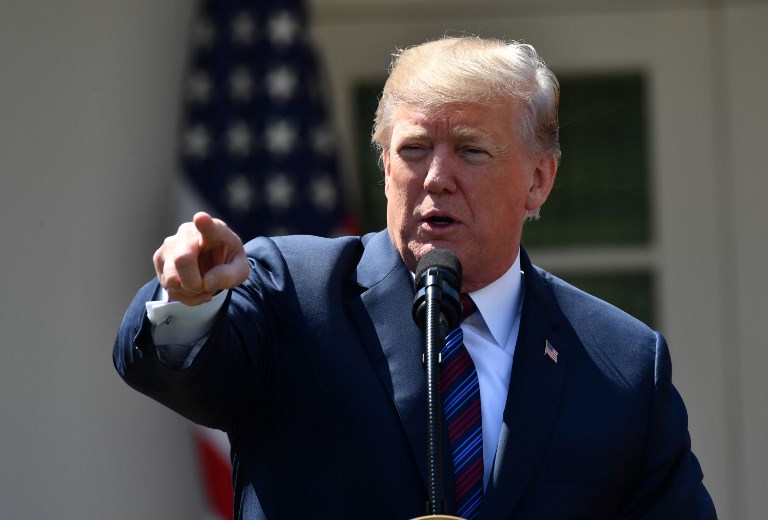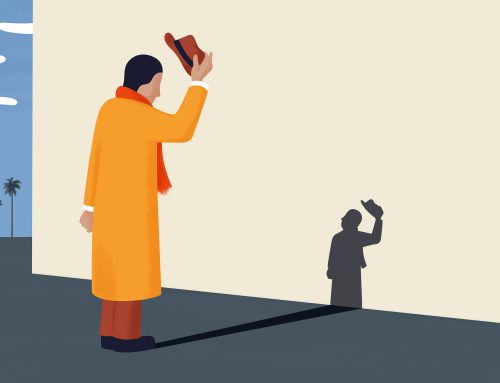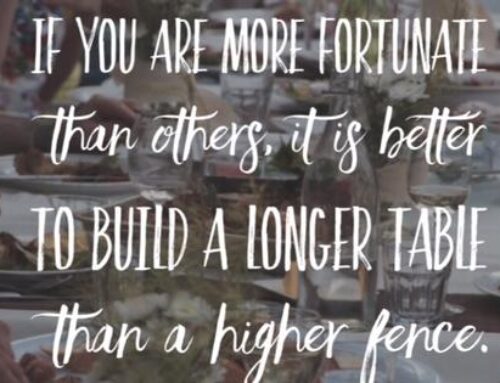Should Donald Trump Be Impeached?
September 30, 2019
My guess is that nothing I could write in this blog post could change your mind about whether Donald Trump should be impeached. The reality is that most of us have already made up our minds about this issue. This is true even though many of us are dealing with limited information. For example, we might not (1) know the details of the law (e.g., what constitutes an impeachable offense), (2) have read the transcript of Trump’s phone call with the president of Ukraine, or (3) have read the whistleblower’s report. Even though we might be relatively uninformed, we still “know” whether we think the president should be impeached.
Political Humility
Over the past few years, one of my graduate students and I have been doing research on political humility. In our society, it seems like political humility is becoming harder and harder to find.
Increased Polarization
Part of the challenge is that over the past several years, we have become more and more politically polarized as a country. In other words, the average Republican is more conservative and the average Democrat is more liberal than they were 25 years ago. There’s less overlap and room to meet in the middle.
Shortcuts
We also tend to rely more on our group to help us make up our minds about various topics. Instead of thinking critically and researching the issues ourselves, we tend to use shortcuts. We identify with a particular group, and align our beliefs and opinions with those of the group.
Biased News
We also tend to experience news that is slanted one direction or the other, based on our preferences. In the old days, you got your news from the main networks. The news anchors weren’t allowed to express their own political opinions. Nowadays, it seems as if all news reporting is slanted one way or the other, and the other side is decried as “fake news.” Because of this, the “facts” we are exposed to are more and more likely to support our original views.
Confirmation Bias
This is a supercharged “confirmation bias.” Confirmation bias is the tendency to search for, interpret, favor, and recall information in a way that aligns with our prior beliefs. With confirmation bias, we might engage an ambiguous situation, but only notice the evidence that confirms our beliefs. We get more and more sure of what we believe, even though the evidence might be mixed.
Is There Hope for Political Humility?
This all seems pretty bleak. Sometimes I wonder if there is hope for political humility. People get a lot out of being part of a group, believing they are absolutely right, and trying to defeat the other side.
6 Ways to Increase Political Humility
But if we actually want to work together to solve our most intractable problems, we need political humility. How might we work toward political humility in our own lives? Here are a few suggestions:
- Vary your news sources. All news sources are biased, so don’t just listen to one side of the story. Try to listen to a variety of news sources from different perspectives, so you can get a fuller picture of what is going on.
- Broaden your community. Don’t just hang out with people who believe the same thing as you and will validate your views. Purposely put yourself in communities with people who believe differently.
- Listen and be curious. When you engage with people who believe differently, don’t get in an argument. Instead, make it your goal to listen and be curious. See if you can figure out why they believe the way they do. Aim for conversation, not conversion.
- Work on your “difference muscle”. When you engage with someone who believes differently and you hear their views, it can cause anxiety. The natural tendency is to escape or avoid the conversation. Instead, work on your ability to sit with a different perspective without having to disengage.
- Identify negatives in your own perspective. What are some negative aspects of your own political view and perspective? Spend some time journaling about the drawbacks of your own view.
- Identify positives in the other perspective. What are some positive aspects of the other side’s political view and perspective? Spend some time journaling about the positives of the other side’s view.
Discussion
What do you think about political humility? How entrenched are you in your own political views? What is one thing you could try this week to increase your political humility?

Related Thoughts

Subscribe To My Newsletter
Join my mailing list to receive the latest blog posts.
Receive my e-book “The Mental Health Toolkit” for free when you subscribe.





